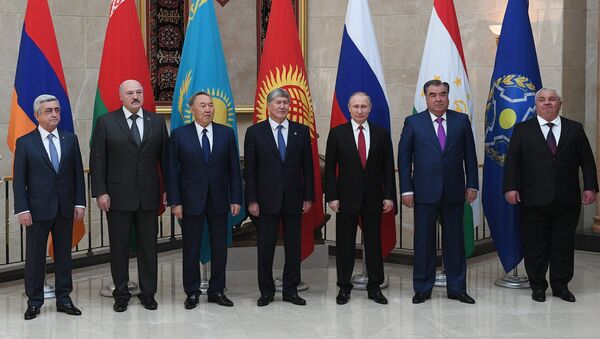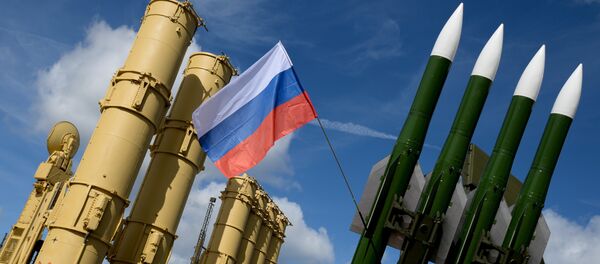"We understand clearly that threats to Kyrgyzstan’s security, threats to Tajikistan’s security, to other CSTO member states are also threats aimed against Russia. They are at various reaches: far reaches, medium reaches, close reaches. That is why the issue of our cooperation, of our mutual commitments, collective actions and increase of military efficiency – both of Russian military units and bases and of national military forces of CSTO member states – is an issue of a collective response to threats that, as we can see, have no tendency to reduce," Rogozin said at the meeting of the Interstate Commission of military-economic cooperation in Bishkek.
He stressed that NATO’s claims about "some kind of a successful operation in Afghanistan are empty words," and the ways and means to settle the situation in the country proposed by the Western coalition "turned out to be false and give completely opposite effect."
"That is why we have all the dialogues on security issues within the CSTO and our other allies… We see no better way to tackle this evil than to strengthen our cooperation, our partnership, our joint physical force," Rogozin said.
The CSTO alliance, currently comprising Armenia, Belarus, Kazakhstan, Kyrgyzstan, Russia and Tajikistan, was established on the basis of the Collective Security Treaty, signed by Commonwealth of Independent States (CIS) members on May 15, 1992. Former member state Uzbekistan announced the suspension of its CSTO membership in 2012.



